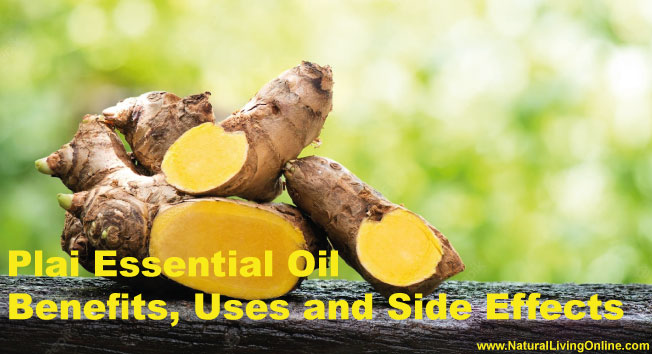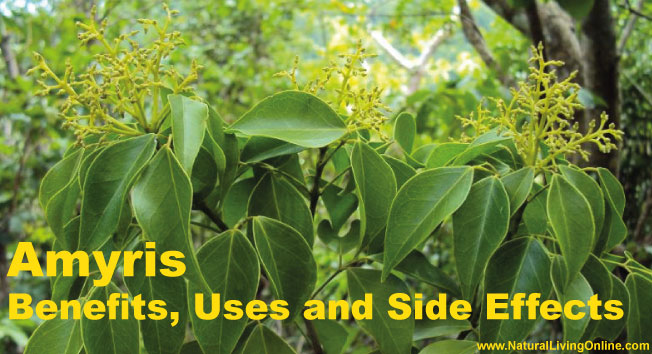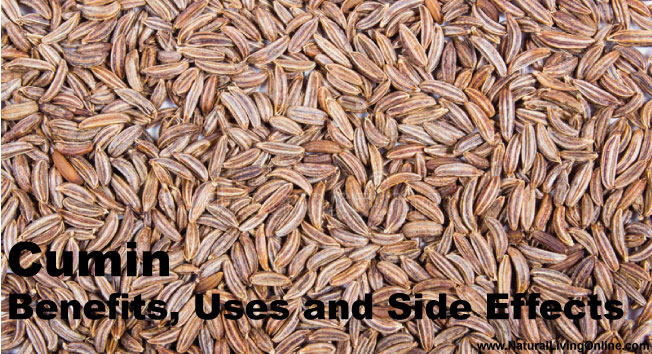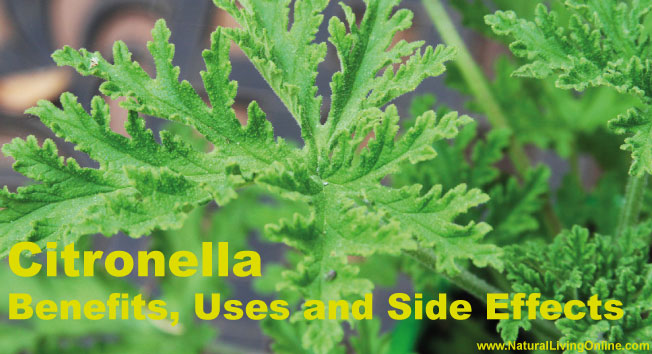Plai essential oil is extracted from the roots of plai (Zingiber cassumunar Roxb.), a plant in the ginger family. The oil has a strong, spicy-sweet scent and is yellow to light brown in color. Plai essential oil has been used for centuries in traditional Thai medicine and is thought to have a wide range of health benefits. These benefits are largely due to the oil’s high content of terpinen-4-ol, a compound with anti-inflammatory, antioxidant and antimicrobial properties. It is commonly used to treat muscle pain, arthritis and headaches. It is also said to boost circulation, aid digestion and relieve stress. While there is some scientific evidence to support these claims, more research is needed.
Essential Oil Profile / Monograph
Botanical Name: Zingiber cassumunar Roxb.
Common Names: Plai, Krachai, Greater Galangal
Plant Family: Zingiberaceae
Countries of origin: Thailand, Vietnam, Laos, Cambodia
Extraction Method: Steam distillation
Parts Used: Root
Essential Oil smell: Spicy, sweet, pungent
Essential Oil Color: Yellow to light brown
Viscosity: Thin
Perfumery Note: Middle
Strength of Aroma: Strong
Blends Well With: Ginger, lemongrass, black pepper, cardamom
Therapeutic Properties: Anti-inflammatory, antioxidant, antimicrobial
Uses: Muscle pain, arthritis, headaches, circulation, digestion, stress
Contraindications: None known
Side Effects: Plai essential oil is generally considered safe when used as directed. However, it is important to note that essential oils are very concentrated and should be used with caution. If you experience any adverse reaction, stop using it immediately and consult a healthcare professional.
Chemical Constituents: Terpinen-4-ol (42%), alpha-terpinene (22%), 1,8-cineole (9%), beta-terpinene (6%), limonene (4%)
What is Plai?
Plai (Zingiber cassumunar Roxb.) is a plant in the ginger family. The oil is extracted from the roots of the plant and has a strong, spicy-sweet scent. It is yellow to light brown in color and contains high levels of terpinen-4-ol, a compound with anti-inflammatory, antioxidant and antimicrobial properties.
Benefits
Plai essential oil is commonly used to treat muscle pain, arthritis and headaches. It is also said to boost circulation, aid digestion and relieve stress. It also has decongestant properties that can help to clear sinuses and relieve congestion.
Research shows that Zingiber cassumunarmay not only be effective on the reduction of joint pain and inflammation, but also delay joint destruction.
source
Uses
-Aromatherapy: Plai essential oil can be used in aromatherapy to help relieve stress and tension.
-Topical application: It can be applied topically to the skin to help reduce inflammation and pain.
-Massage: It can be used in massage to help relieve muscle aches and pains.
-Inhalation: It can be inhaled to help clear sinuses and relieve congestion.
Historical use
Plai has been used in traditional Thai medicine for centuries. It is thought to have a wide range of health benefits, including the treatment of muscle pain, arthritis and headaches.
Topical use
Plai essential oil can be applied topically, or to the skin. It is important to note that essential oils are very concentrated and should be used with caution. It is always best to do a skin patch test before using an essential oil topically, especially if you have sensitive skin. To do a skin patch test, apply a small amount of the essential oil to a small area of your skin and wait 24 hours to see if there is any reaction.
Plai Essential Oil benefits for skin
It contains high levels of terpinen-4-ol, a compound with anti-inflammatory, antioxidant and antimicrobial properties which is beneficial for the skin. It is commonly used to treat acne, eczema and other skin conditions.
Plai Essential Oil benefits for hair
Plai essential oil is also said to be beneficial for the hair. It is thought to improve circulation, aid in the growth of new hair and prevent hair loss.
Aromatherapy
Plai essential oil can be used in aromatherapy to help relieve stress and tension. The strong, spicy-sweet scent of Plai essential oil is said to be calming and relaxing.
Diffuser blends
1. Relaxing Blend: 3 drops of lavender essential oil, 2 drops of chamomile essential oil and 1 drop of plai oil.
2. Energizing Blend: 3 drops of lemon essential oil, 2 drops of rosemary essential oil and 1 drop of plai oil.
3. Mood Boosting Blend: 3 drops of grapefruit essential oil, 2 drops of ylang ylang essential oil and 1 drop of plai oil.
4. Stress Relief Blend: 3 drops of lavender essential oil, 2 drops of bergamot essential oil and 1 drop of plai oil.
5. Anxiety Relief Blend: 3 drops of lavender essential oil, 2 drops of chamomile essential oil and 1 drop of plai oil.
6. Insomnia Relief Blend: 3 drops of lavender essential oil, 2 drops of valerian essential oil and 1 drop of plai oil.
7. Pain Relief Blend: 3 drops of peppermint essential oil, 2 drops of eucalyptus essential oil and 1 drop of plai oil.
DIY recipes with Plai Essential Oil
1. Homemade muscle rub: Combine 1 tablespoon of coconut oil, 1 tablespoon of shea butter, 1 teaspoon of plai essential oil and 1 teaspoon of peppermint essential oil. Apply to sore muscles as needed.
2. Homemade arthritis cream: Combine 1 tablespoon of coconut oil, 1 tablespoon of beeswax, 1 teaspoon of plai essential oil and 1 teaspoon of eucalyptus essential oil. Apply to sore joints as needed.
3. Homemade headache rub: Combine 1 tablespoon of coconut oil, 1 tablespoon of shea butter, 1 teaspoon of plai essential oil and 1 teaspoon of lavender essential oil. Apply to temples and back of neck as needed.
4. Homemade acne cream: Combine 1 tablespoon of aloe vera gel, 1 teaspoon of plai essential oil and 1 teaspoon of tea tree essential oil. Apply to cleansed skin as needed.
5. Homemade shampoo: Combine 1/2 cup of liquid castile soap, 1/4 cup of apple cider vinegar, 1 teaspoon of plai essential oil and 1/2 teaspoon of lavender essential oil. Massage into wet hair and scalp, then rinse.
Frequently Asked Questions
Who should not use Plai oil?
Plai oil should not be used by pregnant or breastfeeding women, as there is not enough research on its safety for these groups. Plai oil should also be avoided if you have a history of skin conditions such as eczema or psoriasis, as it may aggravate these conditions.
Does Plai oil interact with any medicine?
There is currently no information on drug interactions with Plai oil. However, as with any essential oil, it is always best to speak to a healthcare professional before using it if you are taking any medication.
Can you use Plai oil everyday?
It can be used daily, although it is important to start with only a small amount and increase gradually as needed. If you experience any adverse reaction, stop using it immediately and consult a healthcare professional.
Is it OK to breathe in Plai oil?
It can be inhaled, although it is always best to start with only a small amount and increase gradually as needed. If you experience any adverse reaction, stop using it immediately and consult a healthcare professional.
How much Plai oil daily is safe?
There is no definitive answer to this question as everyone may react differently. It is always best to start with only a small amount and increase gradually as needed. If you experience any adverse reaction after using, stop using it immediately and consult a healthcare professional.
References
Phytochemicals and Bioactivities of Zingiber cassumunar Roxb
Clinical effects of Zingiber cassumunar (Plai): A systematic review
Anti-inflammatory effect of Zingiber cassumunar Roxb. and its active principles
Anti-hypercholesterolemic effect of Zingiber montanum extract
This website does not provide medical advice.
All information provided on this website, and on associated social media networks, including but not limited to texts, images, and numbers are for general information purpose only. It is not intended as medical advice and it does not include all possible precautions, side effects, or interactions that may occur. Neither NaturalLivingOnline.com nor its author/founder take responsibility for how you use this information. Statements contained on NaturalLivingOnline.com have not been evaluated by the FDA. You should conduct thorough research via multiple sources and consult your physician or qualified doctor before using any essential oil or herbal remedy. Information on NaturalLivingOnline.com must not be relied upon for medical, legal, financial or other decisions.













